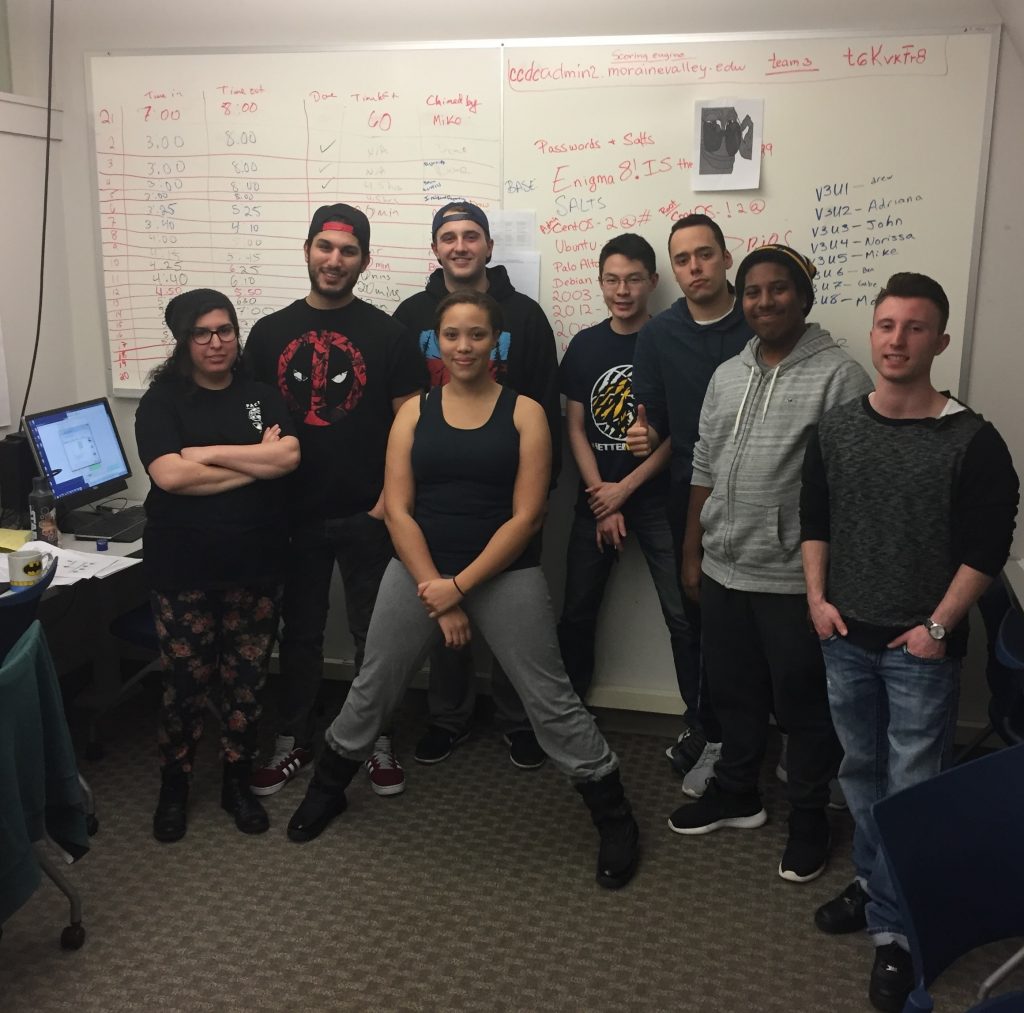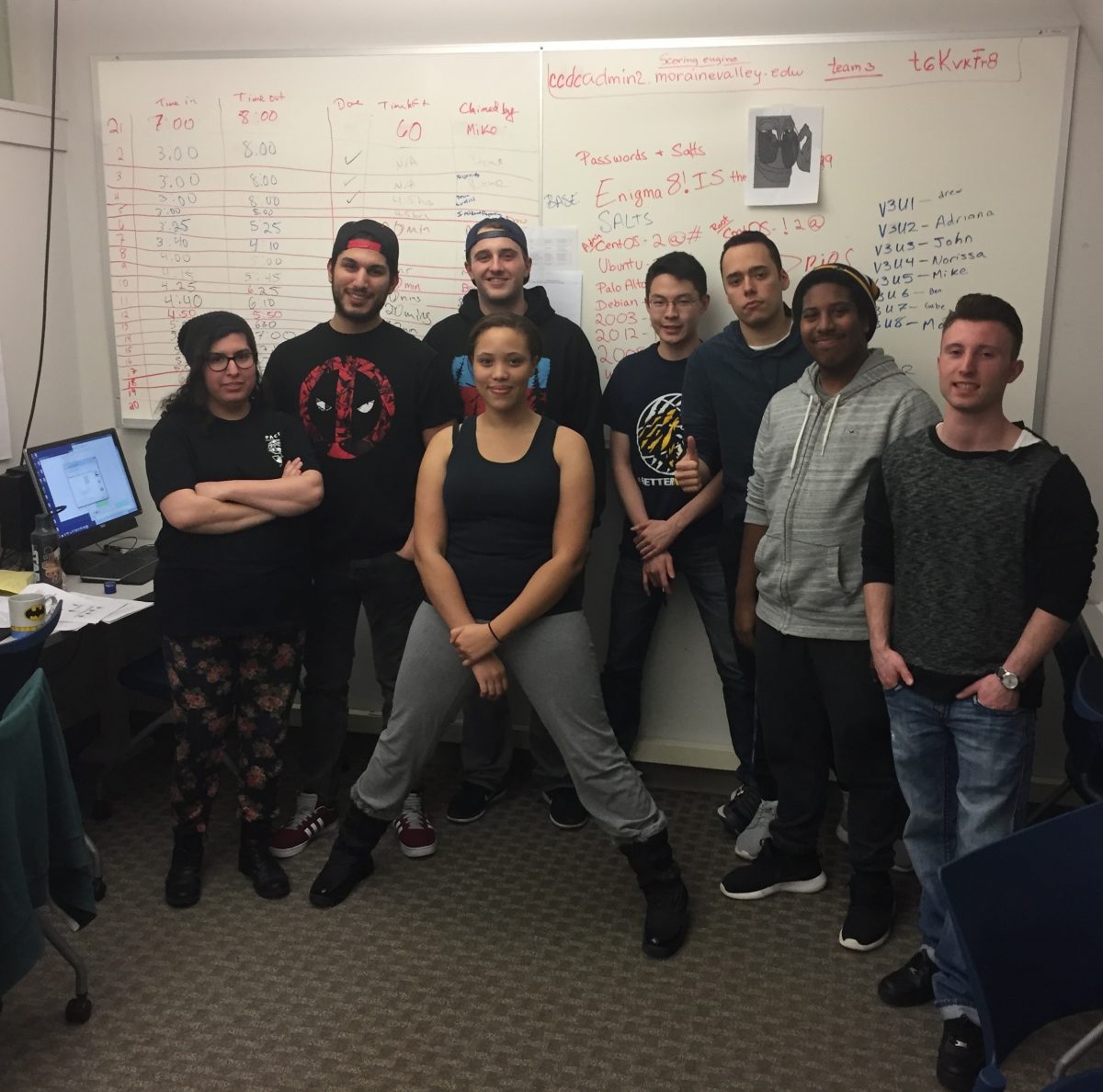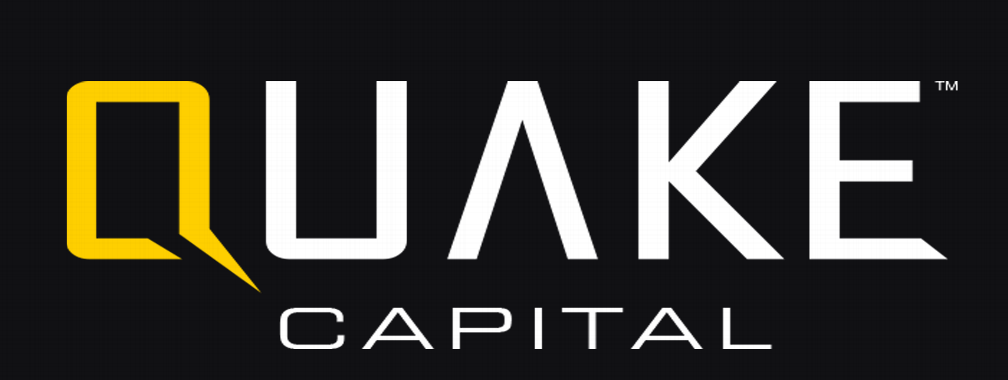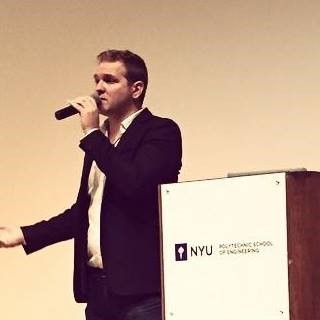By Kaitlyn Bestenheider
Throughout the entire month of April 2017, the Pace University Cyber Team competed in the National Cyber League’s first ever spring season competition. The National Cyber League (NCL) started in May 2011 as a platform to “provide an ongoing virtual training ground for participants to develop, practice, and validate their cybersecurity knowledge and skills using next-generation high-fidelity simulation environments.”
The Pace Cyber Team definitely validated their knowledge! In this capture-the-flag style offensive and defensive security competition, each participant had to show proficiency and excellence in all nine of the following categories:
- Cryptography
- Enumeration and Exploitation
- Log Analysis
- Network Traffic Analysis
- Open Source Intelligence
- Password Cracking
- Scanning
- Web Application Exploitation
- Wireless Access Exploitation

Most team members placed individually in either the silver or the coveted gold brackets of the competition going up against the best of the best nationwide. Of the over 2000 competitors only the top 15% will compete in the gold bracket, while the following 35% will make it to silver. This season, 1,891 students/players and 269 faculty/ coaches from 291 two- and four-year schools in 43 U.S. states registered to play in the Preseason/Regular Season.
The Pace Cyber Team also went on to compete in the Silver Bracket of the post-season team competition where they ranked 11th overall in their bracket and placed 27th nationally out of 152 teams from over 108 college/universities in 35 states. The team scored 2,635 points and captured 121 of the challenge flags. For comparison purposes, the national average for this competition was only 1,655 points and just 83 flags.

Even more remarkable, the Pace Cyber Team ranked 1st in their bracket and 4th overall in Wireless Access Exploitation. In addition, the team placed 6th in the silver bracket and 14th overall in Network Traffic Analysis, and 8th in their bracket and 16th overall in Cryptography. Moreover, the team ranked among the top 25 teams in the silver bracket for every challenge category.
Team Captain Kaitlyn Bestenheider said: “I couldn’t have asked for a better team to compete with. We were all strong competitors and had a wide variety of skills. Everyone communicated fantastically, which made it easy for me to share information and delegate tasks to the person whose skills were best suited to the challenge at hand. Our team’s real strength was in its variety of experience and expertise levels. I look forwarded to training and competing again next semester.”
The team competing in the 2017 NCL post-season included:
Kaitlyn Bestenheider (MS/CS ’18), Adriana Aluia (BS/IT ’17), Cesar Castro (BS/IT ’18), Michael Gabriel (BS/IT ’19), Andrew Ku (BS/IS ’20), Norissa Lamaute (MS/CS’17), Benjamin Longobardi (BS/CS’19), and Gabriel Rivera (BS/IT’17).
Congratulations to all for a great performance this season!
The Pace Cyber Team would like to welcome anyone with an interest in cybersecurity to train and compete with us in the 2017 fall season. Contact Andreea Cotoranu, Assistant Dean for Academic Innovation (acotoranu@pace.edu) with questions.

–
Want to read more? Check out Kaitlyn Bestenheider’s blog, Kait Tech, for further coverage of the event.
Thanks so much to team captain Kaitlyn for writing this student blog post!




 The importance of doing research and getting practical experience cannot be stressed enough. “Most undergrads who create a company are not all Mark Zuckerberg,” Maier says. “They do not have the practical experience and work experience. A lot of them are going off the idea basis of what they think people need.”
The importance of doing research and getting practical experience cannot be stressed enough. “Most undergrads who create a company are not all Mark Zuckerberg,” Maier says. “They do not have the practical experience and work experience. A lot of them are going off the idea basis of what they think people need.”